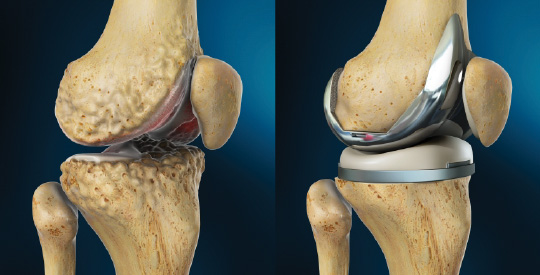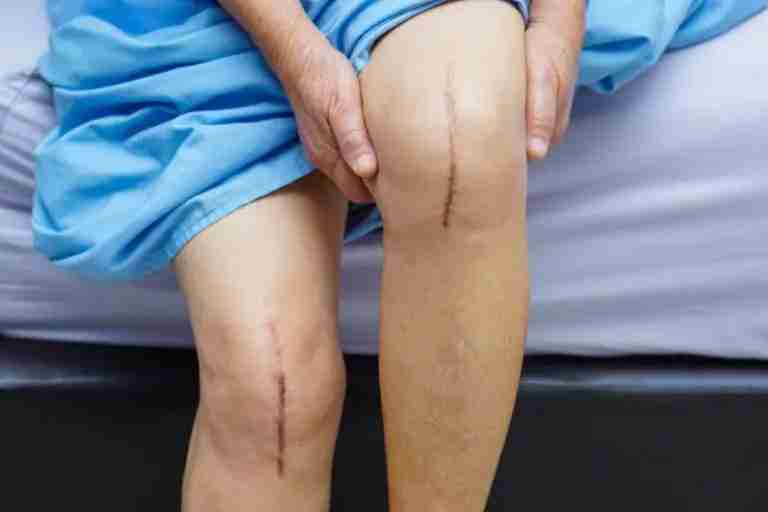antibiotics before dental work after knee replacement
Non-infected dental problem not causing pain. Amoxycillin 1g IV at induction followed 500mg amoxycillin oral or IV 6 hours later.
![]()
Unicondylar Knee Replacement Houston Tx Trauma Houston Tx
Tom Jan 10 2013 at 1007 AM.
. I want to get back to my dental cleanings Im 4 months post-op from bilateral. 4 My dentist used to give me antibiotics before dental work but she doesnt give them to me anymore. My OS said he doesnt believe in prescribing antibiotics for dental work but my dentist said its the first hes heard of a DR not prescribing and would want my OS.
The antibiotic should be taken one 1 hour prior to the procedure. You should get preventive antibiotics before dental procedures if. If you need a prescription you can call your Orthopedic Specialist to write it.
When antibiotics are recommended healthcare providers will typically prescribe oral amoxicillin a form of penicillin to be taken one hour before the dental work. Patients who are immunocompromised or who are diabetic will receive oral antibiotics for a lifetime. These risks include antibiotic resistance the antibiotic no longer works allergic reaction and stomach issues.
500 mg by mouth or 400 mg IV. Treat the cause of the abscess. If you cannot tolerate oral antibiotics your healthcare provider may recommend injectable cefazolin or ampicillin which are injected within an hour of the procedure.
Current recommendations are based on patients with total hip and total knee arthroplasties. Antibiotics Are No Longer Necessary for All Patients with Joint Replacements Before Dental Work. Following joint replacement surgery at Orthopaedic Associates patients will receive oral antibiotics prior to any dental cleaning or procedure for one year after total joint replacement surgery.
After reviewing the available scientific evidence they recently concluded that antibiotics arent needed before dental procedures after all. For the first 2 years after joint replacement surgery if you are having major dental work drilling removing a tooth where there is pulp exposed to your saliva then I tell you to take amoxicillin 2 grams before your dental procedure. According to American Academy of Orthopaedic Surgeons Antibiotic prophylaxis is a must before dental treatments Amoxicillin Clindamycin or Cefalexin dose 1 hr before the surgery is recommended.
Clindamycin 600mg IV 1 hour prior to procedure or Vancomycin 1g IV infusion over 2 hours to finish just prior to procedure or Lincomycin 600mg just prior to procedure. Proceed with urgent and aggressive dental treatment to clear the abscess. 1 to 2 grams IV.
In an effort to balance these rare but serious complications surrounding dental work and use of antibiotics Rebound joint replacement surgeons recommend the following. I took 1000mg six hours later I do have total r knee replacement Dentist said I did not need any further antibiotic Is this ok Thank you for your response. According to some doctors during a dental procedure its possible for bacteria from your mouth teeth or gums to travel through your bloodstream and settle in your artificial joint.
Nothing in my health history has changed. We investigated available evidence regarding the need for dental antibiotic prophylaxis in patients post foot and ankle surgery specifically total ankle arthroplasty. A joint infection is one of the worst-case.
Start the dose 60 minutes before the procedure. While this still may be necessary for some individuals in general for patients with prosthetic joint implants prophylactic antibiotics are not recommended routinely prior to dental procedures to prevent prosthetic joint. Dental Antibiotics after TKR.
Use of antibiotics before dental work is not without risk. For many years orthopaedic surgeons have recommended that patients take an oral antibiotic prior to having an invasive dental procedure. Dental treatment in the first three months after hip or knee replacement.
For that reason orthopedic surgeons will often prescribe antibiotics for their patients with joint replacements who are undergoing dental procedures. The need for dental antibiotic prophylaxis after orthopedic surgery remains unclear. If they determine that the risk is high enough then antibiotics should be given before invasive dental procedures.
Start the dose 60 minutes before the procedure. Prosthetic Joints and Orthopedic Implants. If you have had a joint replacement and taken antibiotics before dental work in the past you may not need to make a trip to the pharmacy before your next procedure.
Start the dose 60 minutes before the procedure. According to the ADA Chairside Guide for patients with a history of. If the risk of infection to the joint replacement is extremely low then antibiotics before dental work probably are not needed.
You wont need to get preventive antibiotics for most dental procedures. The American Dental Association has found it is no longer necessary for most dental patients with orthopedic implants to have antibiotic. But because you have an artificial joint your risk of contracting a blood borne infection is higher than normal.
This was based on the statements published in the 2003 and 2009 publications. Routine Operating theatre procedures. I have read that many of you take antibiotics before any dental work.
There are multiple professional societies that help clinicians decide when to use antibiotics before dental procedures in patients who have joint replacements. In patients with prosthetic joint implants a January 2015 ADA clinical practice guideline based on a 2014 systematic review states In general for patients with prosthetic joint implants prophylactic antibiotics are not recommended prior to dental procedures to prevent prosthetic joint infection. The national bodies that represent the two professions plus infectious disease specialists have issued a joint statement calling for an end to the practice.
The preferred prescription for prophylactic antibiotic treatment is. There seems to be some controversy in the medical profession concerning evidence directly linking dental procedures to implant infection. Delay non-urgent and non-infected dental procedures until 3-6 months after joint replacement.
Management of Patients with Orthopaedic Implants Undergoing Dental Procedures. So preventive treatment is advised if the dental procedure involves high levels of bacteria. Back in 2003 the American Dental Association ADA and the American Academy of Orthopaedic Surgeons AAOS issued a joint statement saying patients should take one dose of antibiotics an hour before dental procedures for the first two years after they received a knee or hip replacement.
In the past people who have had a joint replacement such as a hip or a knee replacement were often prescribed antibiotic prophylaxis before invasive dental procedures. Appropriate use criteria AUC provide treatment recommendations on a patient-specific level using evidence from AAOS clinical practice guidelines along with clinician expertise and experience. Typical antibiotics that are used include Amoxicillin Keflex or clindamycin.
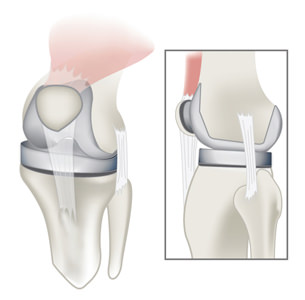
Total Knee Replacement Summit Orthopedics

Here Are Some Quick Facts Related To Total Knee Replacement Read On Share Your Information Total Knee Replacement Knee Arthroplasty Knee Replacement Surgery
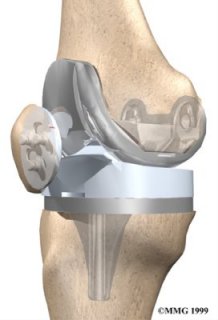
Total Knee Replacement Mark W Maffet M D
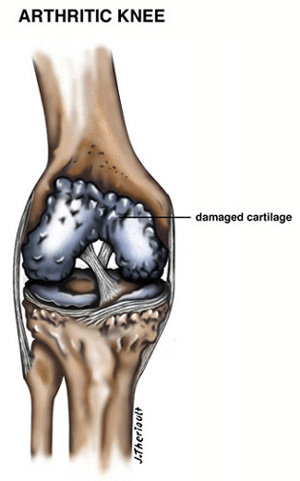
Total Knee Replacement Surgery Orthopedic Associates Of Hartford
Total Knee Replacement Orthoanswer

Premedication Antibiotic Before A Prophylaxis Crimsoncare Family Dental
Knee Replacement Melbourne Patient Matched Technology
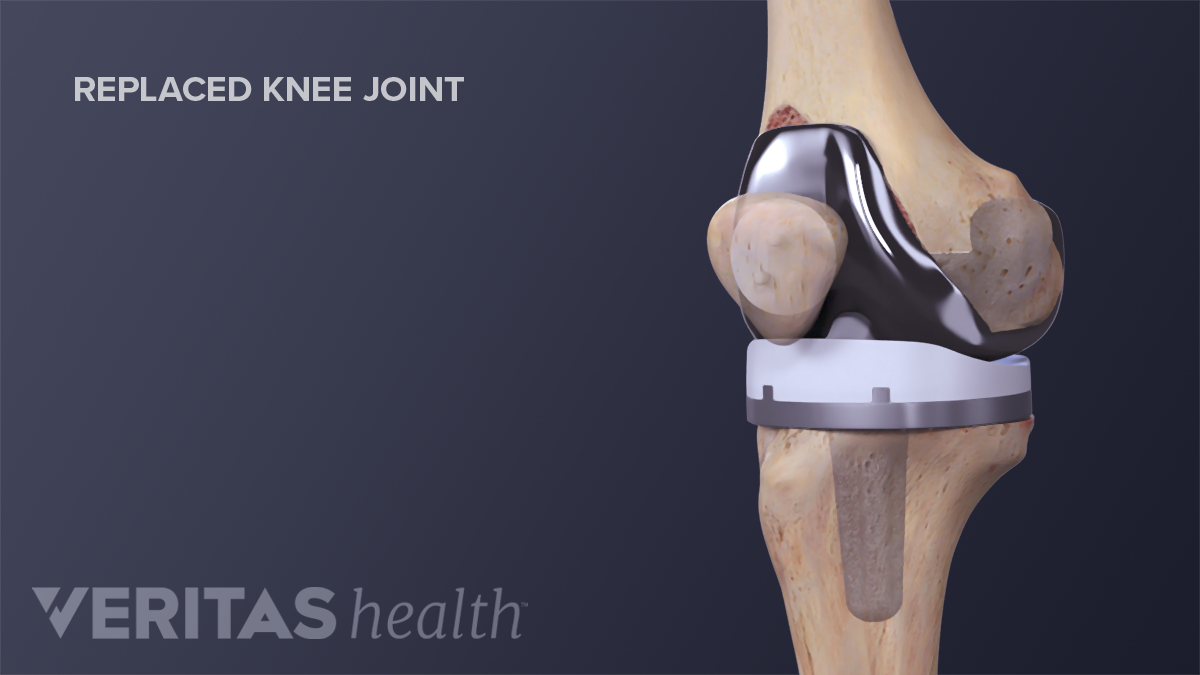
Total Knee Replacement Risks And Complications

Total Knee Replacement Summit Orthopedics

Antibiotics After Joint Replacement Orthopedic Surgery

Knee Replacement Treatment Louisville Lexington Aptiva Health
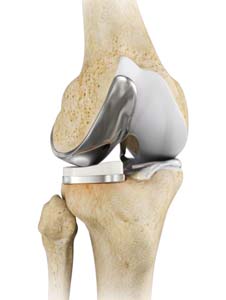
Partial Knee Replacement Bountiful Salt Lake City Unicompartmental Knee Replacement Layton Ogden Ut
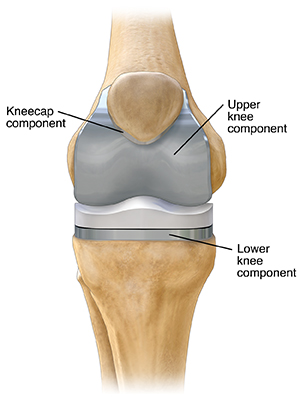
Knee Replacement Surgery University Hospitals
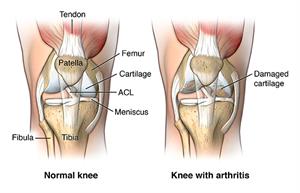
Knee Replacement Surgery Cedars Sinai

What Precautions To Take After Knee Replacement Surgery
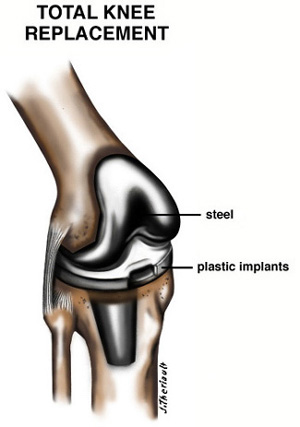
Total Knee Replacement Surgery Orthopedic Associates Of Hartford
